Free read: The ultimate Noosa Council election guide
Welcome to your ultimate guide to the 2024 local government election in Noosa, the candidates, where to vote, the ballot list, and other pre-polling information. FREE READ
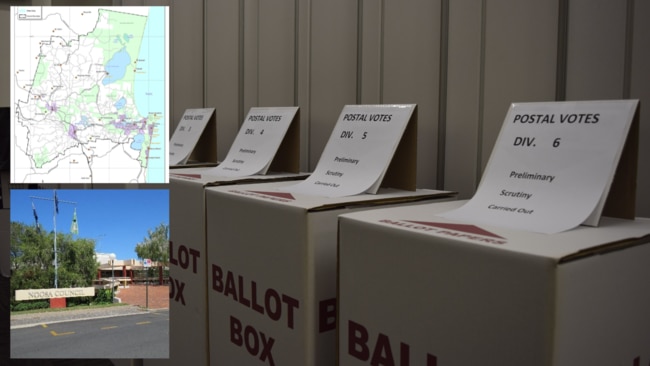
Sunshine Coast
Don't miss out on the headlines from Sunshine Coast. Followed categories will be added to My News.
Welcome to your ultimate guide to the 2024 local Government election in Noosa, the candidates, where to vote, how to vote and pre-polling information.
Queensland voters will head to the polls on March 16 to decide the make-up of their councils for the next four years.
In Australia, voting is not only a right and a responsibility it is also compulsory for eligible Australian citizens aged 18 or older.
If you don’t vote, you may be fined, with fines starting at $77.
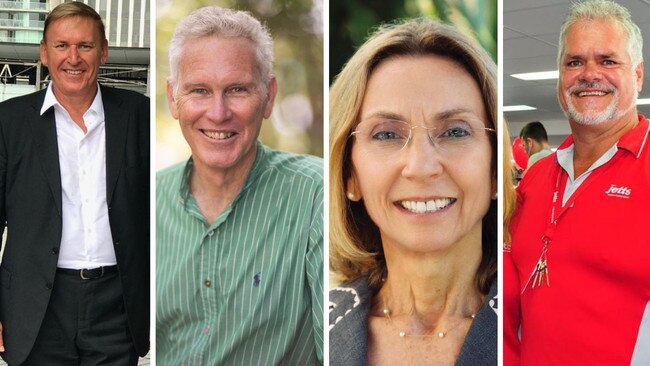
Mayoral candidates
Parkbench Ukulele Players moved on from Noosa Marina
Councillor candidates
Noosa Council 2024 local government election, meet the candidates
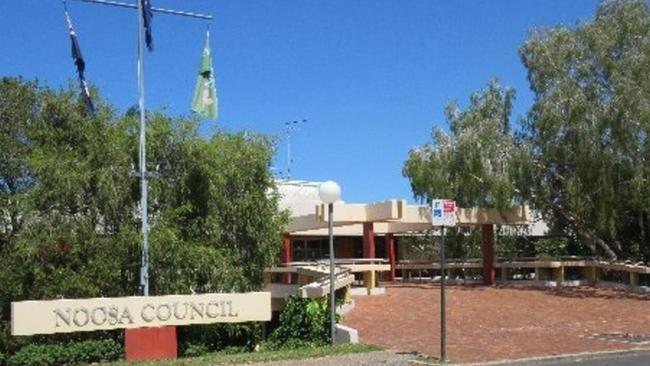
Revealed: Sunshine Coast and Noosa mayor contenders share Australia Day views
Pre-polling and voting in 2024 Noosa Council election
Early voting for the election opens on Monday, March 4 until Friday, March 15, with early voting times varying depending on location.
The official election day is Saturday, March 16, 2024 with all polling booths open from 8am to 6pm.
Anyone can submit a postal vote, but you have to apply and votes can only be submitted before 6pm on election day.
Postal votes are required to be returned by Tuesday, March 26, 2024.
New contractor, Hall Contracting, appointed for Noosa council sand dredging project
Postal votes must be received by the Electoral Commission Queensland within 10 days after election day to be included in the count.
If a vote is received after the deadline, it won’t be counted.
The first step for voting in the election is to enrol to vote, check your enrolment or update your details on the Australian Electoral Commission website.
If you recently moved house, or have updated other key details, it is best to update your enrolment information before the election.
RACV Noosa Resort expansion plans to be appealed in Planning and Environment Court
It is compulsory to enrol in council, state and federal government elections if you are an Australian citizen or eligible British subject; are aged 18 years or over; have lived at your address for at least one month.
Special enrolment categories are available for people with specific needs including those who have no fixed address or are an Australian citizen living and working overseas.
For detailed information about the special enrolment options available to you go to the AEC website.
Those interested in early voting can do so at the Cooroy Memorial Hall, 23 Maple St, Cooroy, as well as the Girraween Sports Complex, Cnr Eenie Creek Rd and Langura St, Noosa Heads.
Pre-polling will be open from Monday, March 4 to Friday, March 8 from 9am to 5pm and again from Monday, March 11 to Thursday, March 14 from 9am to 5pm.
Pre-polling will open for an extra hour from 9am to 6pm on Friday, March 15.
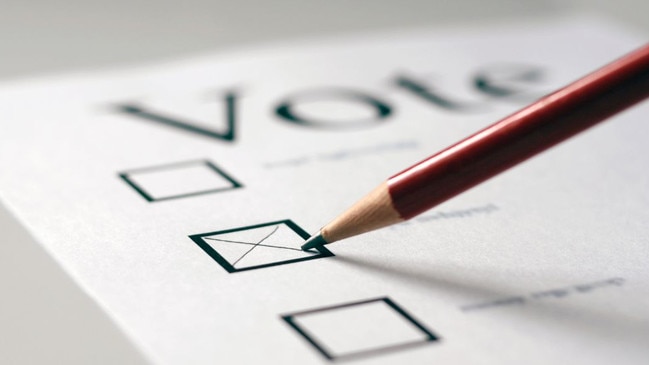
How to vote
Once you’re sure your enrolment information is accurate and up-to-date you can find out who you will be able to vote for.
Head to the Where is my electorate? page from the AEC, type in your address and remember to switch the tab to Local Government.
Once you have confirmed who you can vote for, do your research and find out who is running for that seat and what they represent.
From there you can find out where your closest polling booth is here.
Polling is typically hosted in schools or community halls.
For more election facts, head to the AEC website to find out more on common misinformation, frequently asked questions and background data.
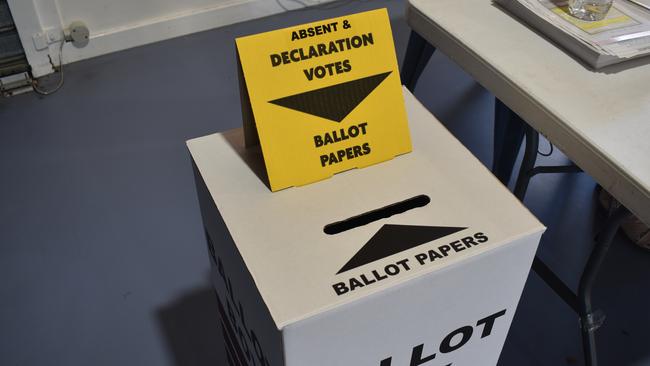
Election day, March 16, 2024
Once you have confirmed your electoral information is up-to-date, you’ve done your research on candidates and confirmed your closest polling booth, you’re ready to head to the polls on March 16.
When you arrive at a polling booth, head to the issuing officer table where an election official will verify your identity before giving you your ballot paper.
You may be required to confirm your address, so make sure your information is current with the Australian Electoral Commission when doing so.
After that, you’ll be directed to a voting booth where you can cast your ballot in private, take your time and make sure to read the information provided on the ballot slip.
Place your completed ballot paper/s in the ballot box as you leave. Polling officials will be available to provide assistance should you have any questions.
What happens if you do not vote
After an election, records are checked and if it appears you have not voted you may receive an apparent failure to vote notice.
This notice will provide you with an opportunity to say if you did or didn’t vote, or why you didn’t vote.
If you receive the notice you can provide your valid reasoning for not casting a vote, confirm that you did cast a vote by providing the appropriate details or pay a fine of one penalty unit at the time of the offence, or half this amount if the fine is paid before the due date.
If you don’t respond to the apparent failure to vote notice, you are likely to receive an infringement notice, which is the fine for not voting.
If the fine is not paid, you may be referred to the State Penalties Enforcement Registry (SPER) for further action and additional charges may apply.





